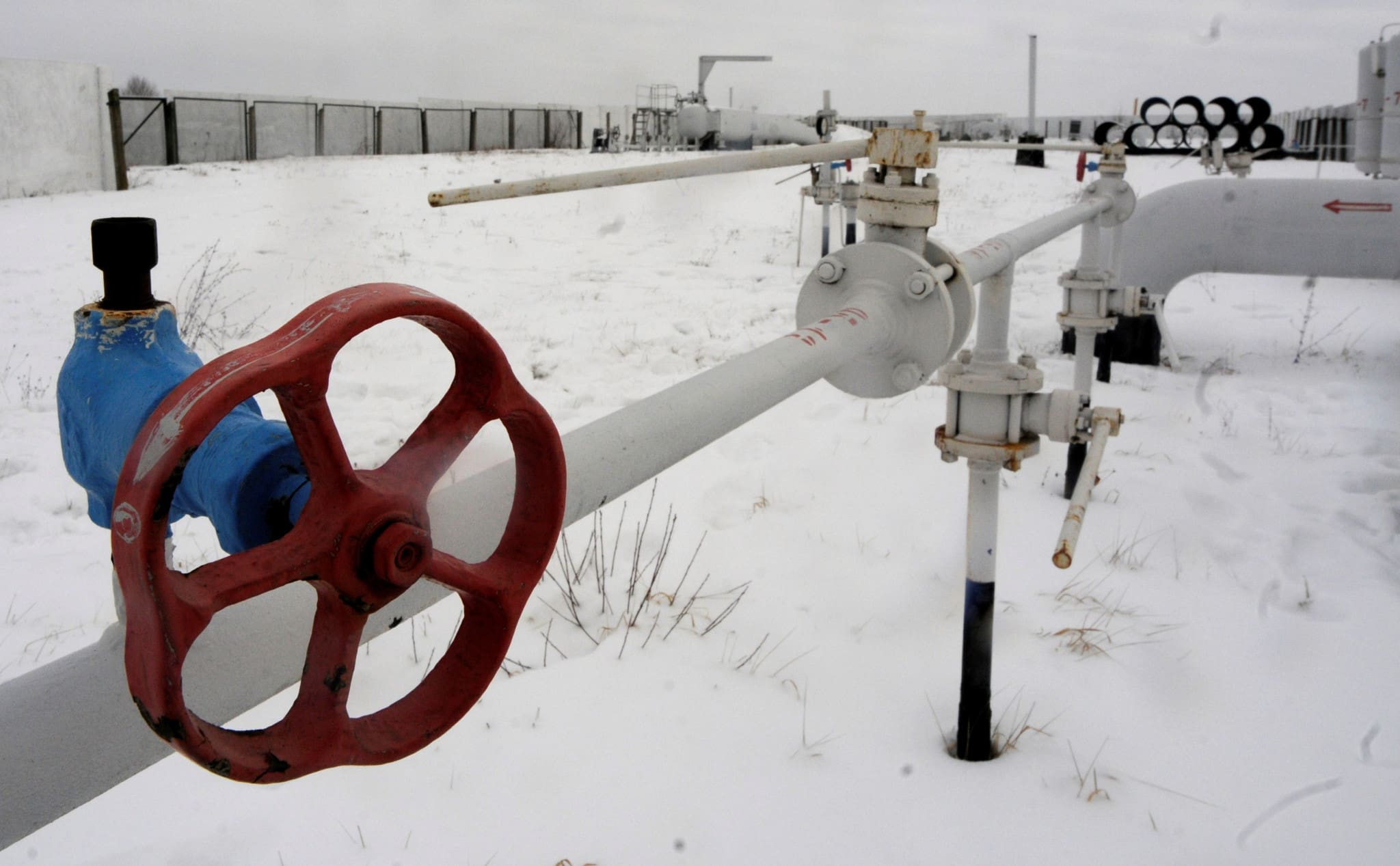The closure of Russian gas pipelines could lead to the shutting down of factories and companies, rising unemployment, and a drastic economic impact across the Czech Republic as well as much of Europe, according to analyst Jiří Gavor.
According to Gavor, Russian President Vladimir Putin probably surprised even his own citizens with his threat to cut Europe off from Russia’s gas supply. However, while Russia could theoretically use the pressure of its energy exports to squeeze Europe in the short term, the cutoff would not prove to be economically wise in the long run.
“Europe can’t find an adequate replacement this year. It would mean a bit of a transition to a war economy. It’s not just heating. First of all, we would really have to close some industrial companies sooner rather than later,” said Gavor to Echo24 news outlet.
[pp id=32735]
It is not about closing one or two factories but also the entire follow-up chain, which Gavor warned would lead to a decline in GDP, rising unemployment, and potentially the need for compensation.
Should such a situation arise, emergency regulations could be applied. The transmission system operator, which is NET4GAS, can issue the ordinance. When limiting supplies, the ten individual consumption stages confirmed by Ministry of Industry spokesman Vojtěch Srnka would need to be followed.
The consumption levels of the decree clearly define which groups of customers and at which level are affected by the regulation of gas supply. The groups are then divided according to the scale of yearlong consumption or other specifics. For example, in the first stage, this would only limit supplies to customers who have the option to switch fully or partially to another fuel.
“In the last regulatory stage, the gas would only be supplied to households and critical infrastructure, such as hospitals,” Srnka added.
In the case of households, according to Gavor, self-regulation could occur due to the high price of energy.
[pp id=30986]
However, according to the Ministry of Industry, the situation now remains stable. There are approximately 490 million cubic meters of gas in Czech storage facilities, with current consumption of about a month.
“Responding to possible outages will combine several approaches. The first is the diversification of gas supplies and transmission routes. According to preliminary information, Norwegian deliveries can provide about a quarter of domestic consumption. A joint action at the EU level is crucial,” stated Srnka, adding that the ministry is also negotiating with other countries regarding LNG.
Czechia bought gas from Norway until 2017 when the country withdrew for economic reasons. At that time, it was more financially advantageous to buy Russian gas, which now provides for 100 percent of domestic consumption. Although the ministry discusses diversification, Gavor said it would take at least three years to find an actual replacement. In the case of a gas shutdown, he said, Europe would have to learn to live for a while with the remaining 60 percent of gas it has available from elsewhere.





